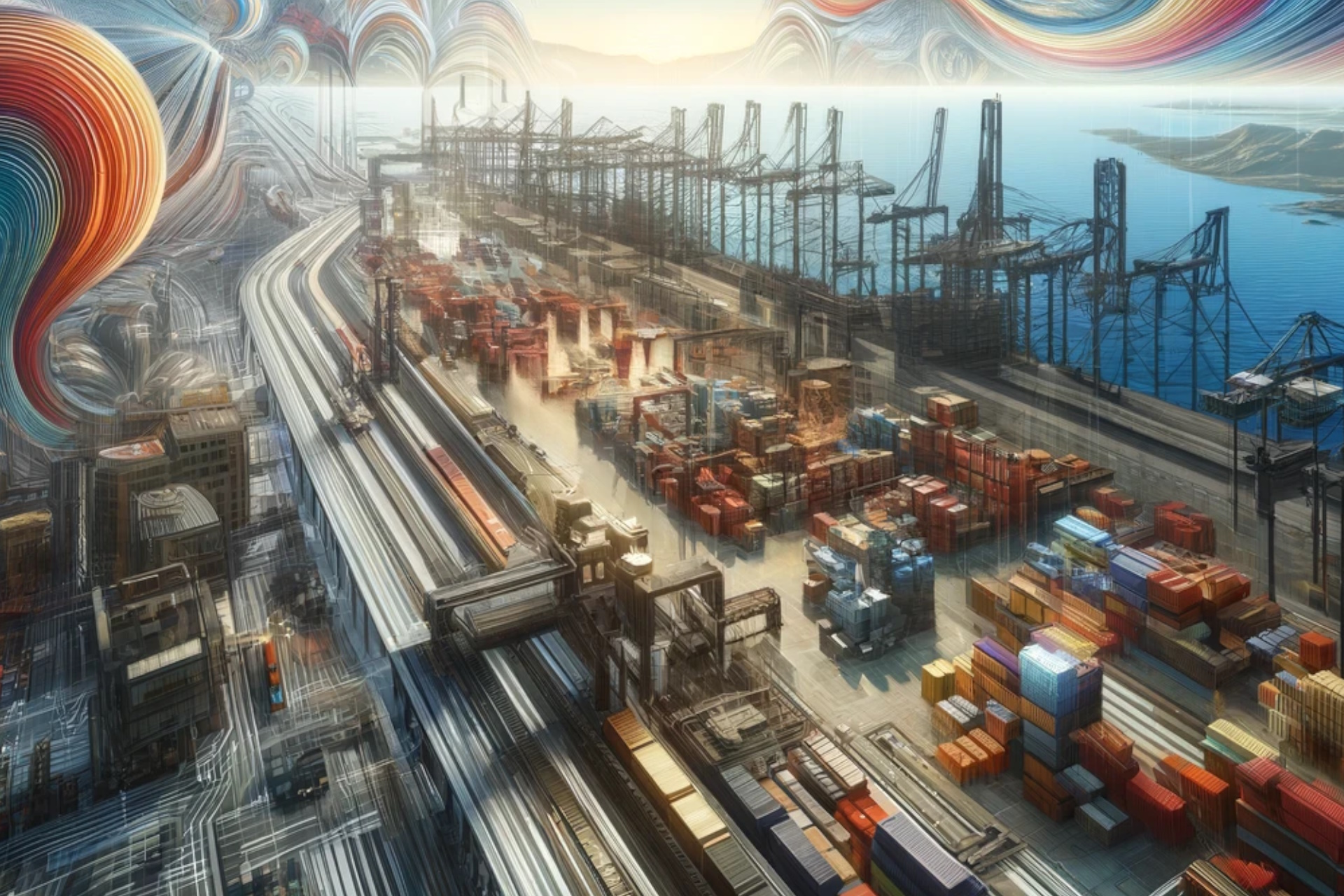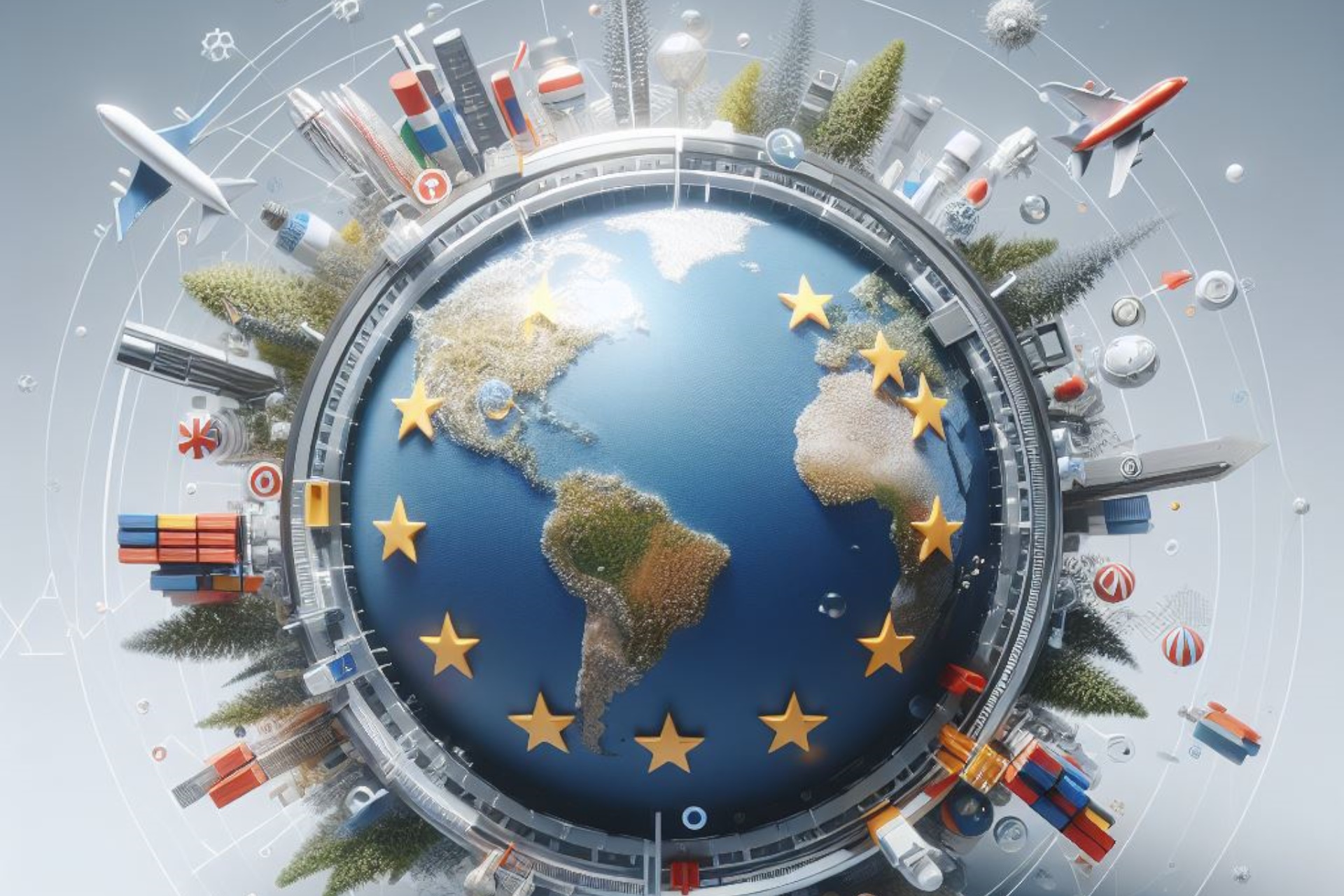It is time to shift our focus from the negative perception of trade deficits and acknowledge the unseen benefits of international trade. Trade deficits contribute to job creation, economic growth, consumer welfare, technological advancement, and global cooperation. They facilitate access to a variety of goods and services, drive innovation, attract foreign investment, and foster economic development. Let us celebrate the positive nature of international trade, recognizing that trade deficits are not a cause for alarm but rather a reflection of the interconnectedness and interdependence of nations. By embracing free trade and engaging in global commerce, we unlock the vast potential of international markets and create a pathway to shared prosperity and economic well-being for all.
Job Creation and Economic Growth
International trade, even with trade deficits, stimulates job creation and economic growth. Trade deficits occur when a country imports more goods and services than it exports. However, this does not necessarily indicate a loss for the economy. In fact, trade deficits often reflect a healthy level of consumption and demand for imported goods, which supports industries and employment both domestically and abroad. When a country imports goods, it sustains jobs in exporting countries, while domestic businesses focus on producing goods and services in which they have a comparative advantage. This dynamic fosters specialization, efficiency, and economic growth.
Access to a Variety of Goods and Services
Trade deficits allow consumers to access a wider variety of goods and services at competitive prices. By importing a diverse range of products, countries can cater to the diverse preferences and needs of their citizens. This leads to enhanced consumer welfare and a higher standard of living. Trade deficits enable consumers to enjoy the benefits of global specialization, where each country produces what it does best and imports goods and services that are more efficiently produced elsewhere. This variety of imported goods enriches people's lives, providing them with more choices and increasing their overall satisfaction.
Technological Advancement and Innovation
International trade, even with trade deficits, contributes to technological advancement and innovation. Through the exchange of goods and ideas, countries can benefit from foreign technologies, knowledge, and expertise. Importing advanced technologies can spur innovation and improve productivity in domestic industries. Trade deficits are often associated with industries that rely on imported components or technologies, which can be advantageous for domestic businesses as they gain access to the latest advancements without investing in expensive research and development. This fosters a dynamic environment of innovation, propelling industries forward and driving economic progress.
Foreign Investment and Economic Development
Trade deficits can attract foreign direct investment (FDI) and contribute to economic development. When a country runs a trade deficit, it implies that it is importing more capital than it is exporting. This inflow of capital can be used to finance domestic investments, stimulate economic activity, and create employment opportunities. Foreign companies may choose to invest in the country with the trade deficit, recognizing its potential for growth and market access. This influx of investment not only supports the domestic economy but also fosters technology transfer, knowledge sharing, and skills development, leading to long-term economic development and prosperity.
Fostering Global Interdependence and Cooperation
Trade deficits foster global interdependence and cooperation, strengthening diplomatic relations among nations. By engaging in international trade, countries build economic ties and establish mutually beneficial relationships. Trade deficits signify the trust and confidence that countries have in one another's ability to produce and deliver goods and services. This interdependence creates incentives for peaceful cooperation, dialogue, and diplomatic resolutions to conflicts. Through trade, nations recognize their shared interests and work together to address global challenges, fostering a more interconnected and cooperative world.
Read more views

















































































